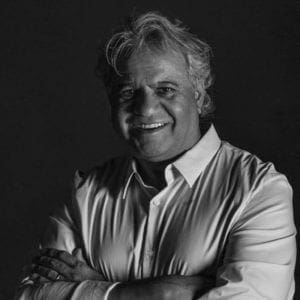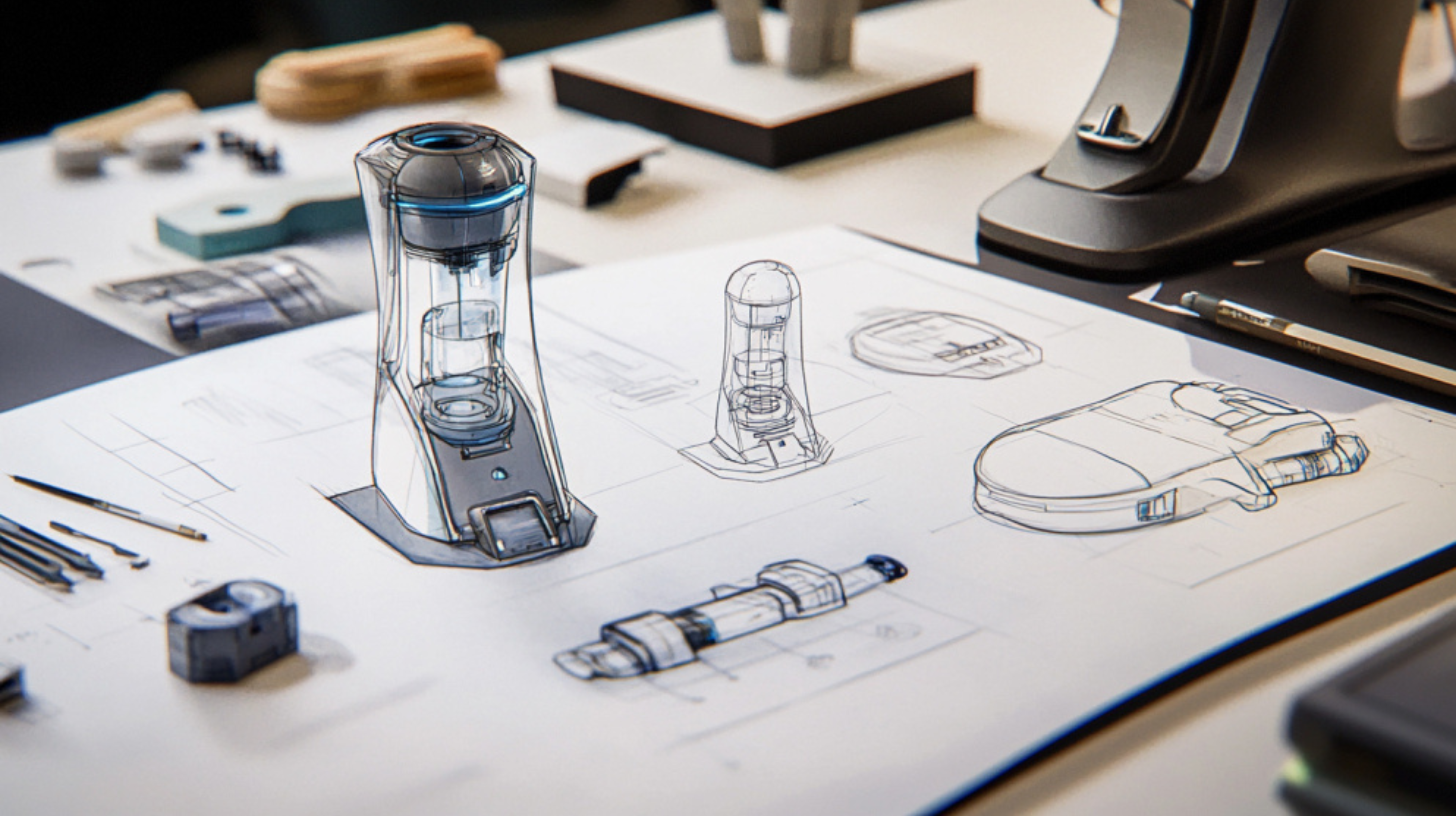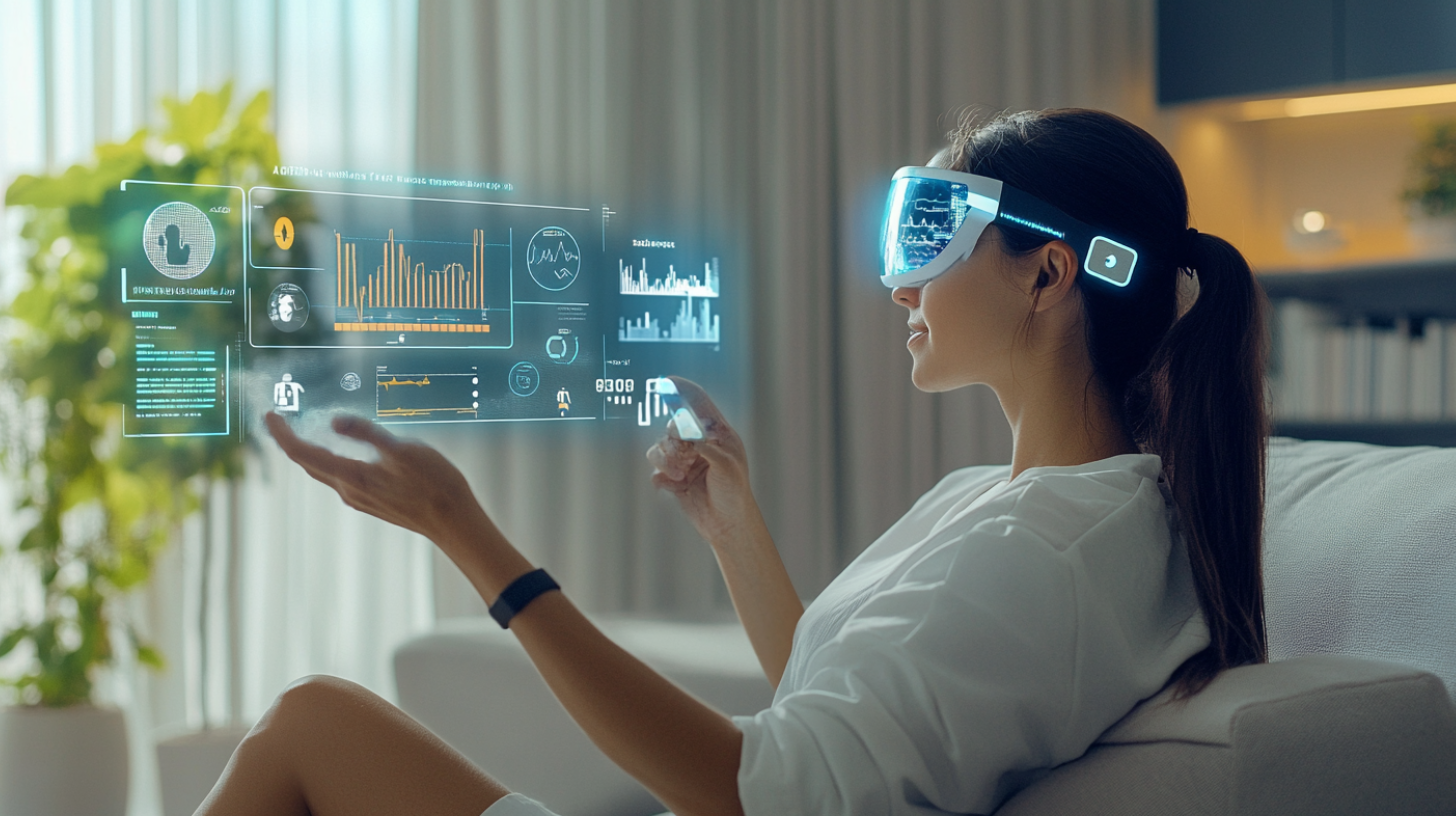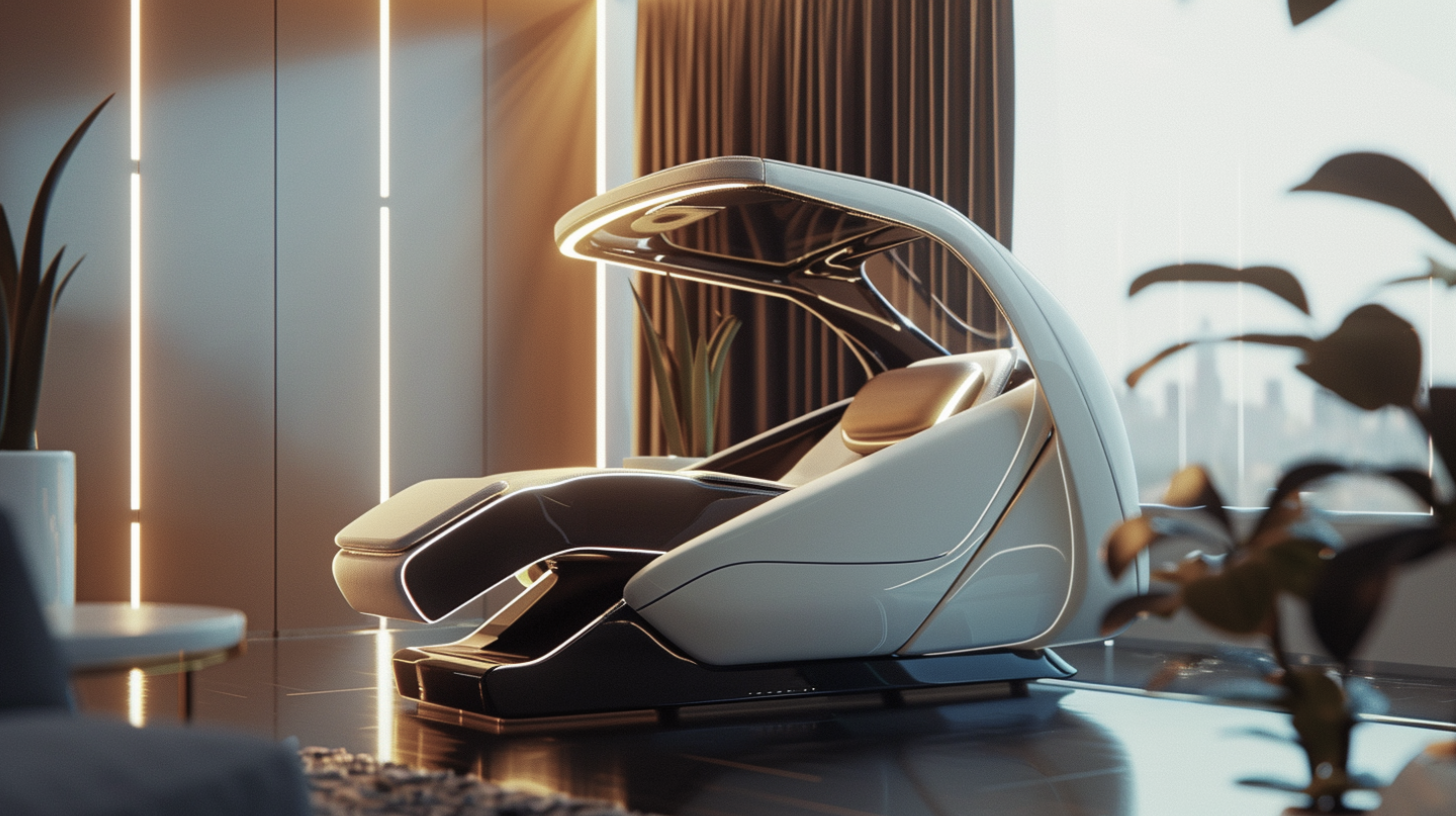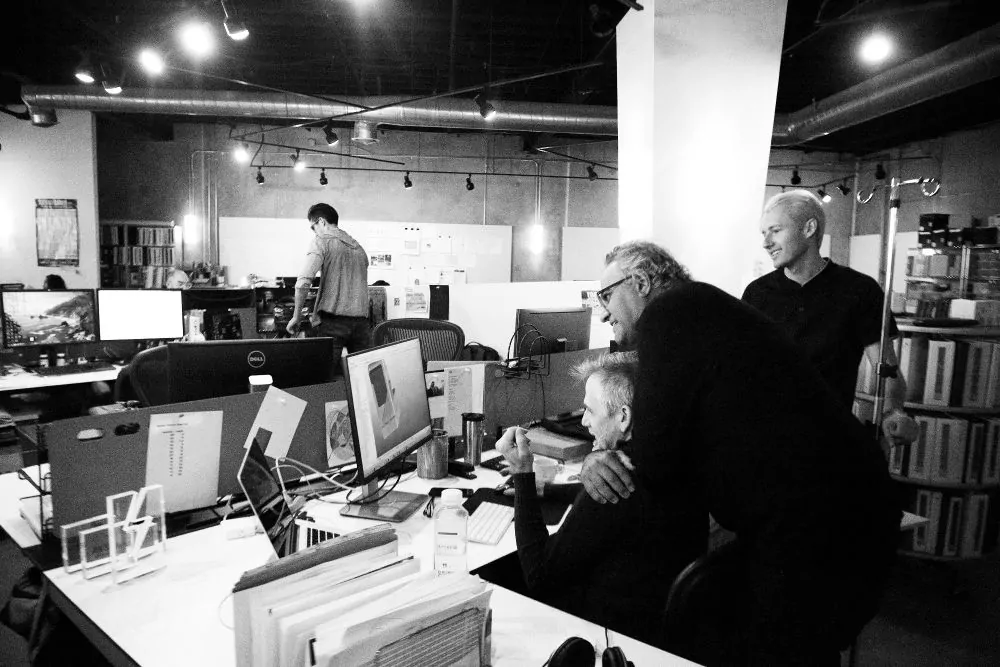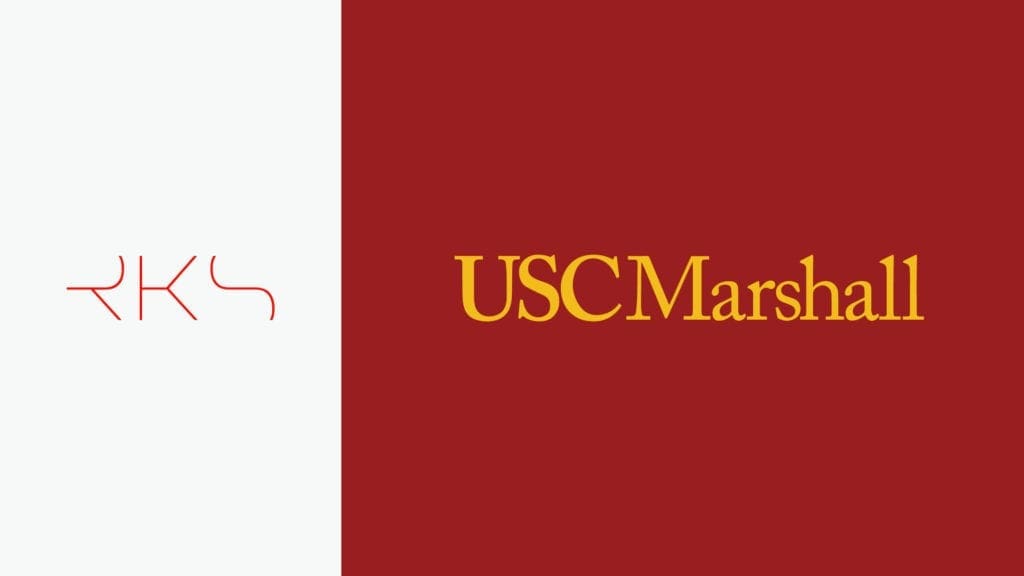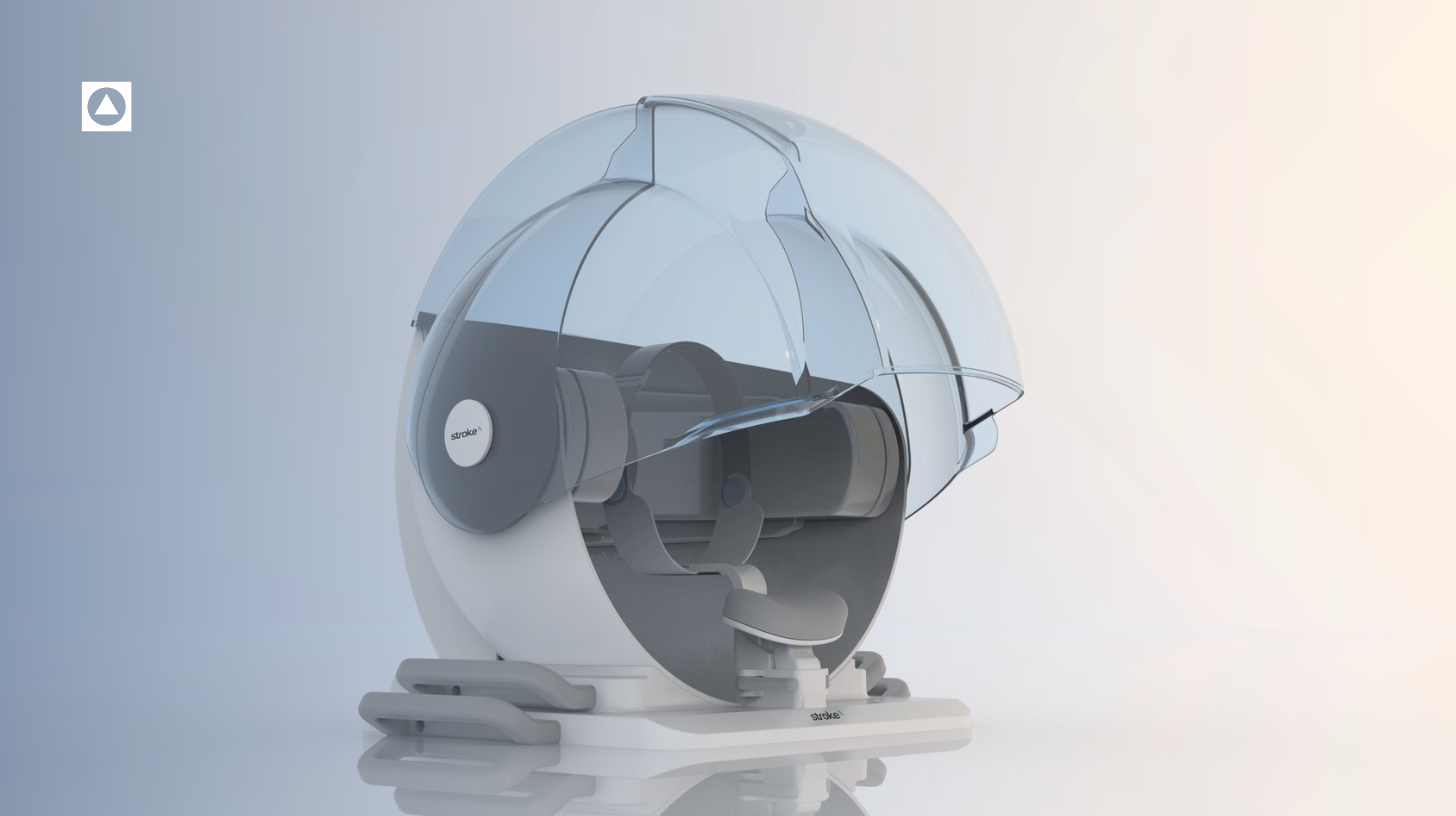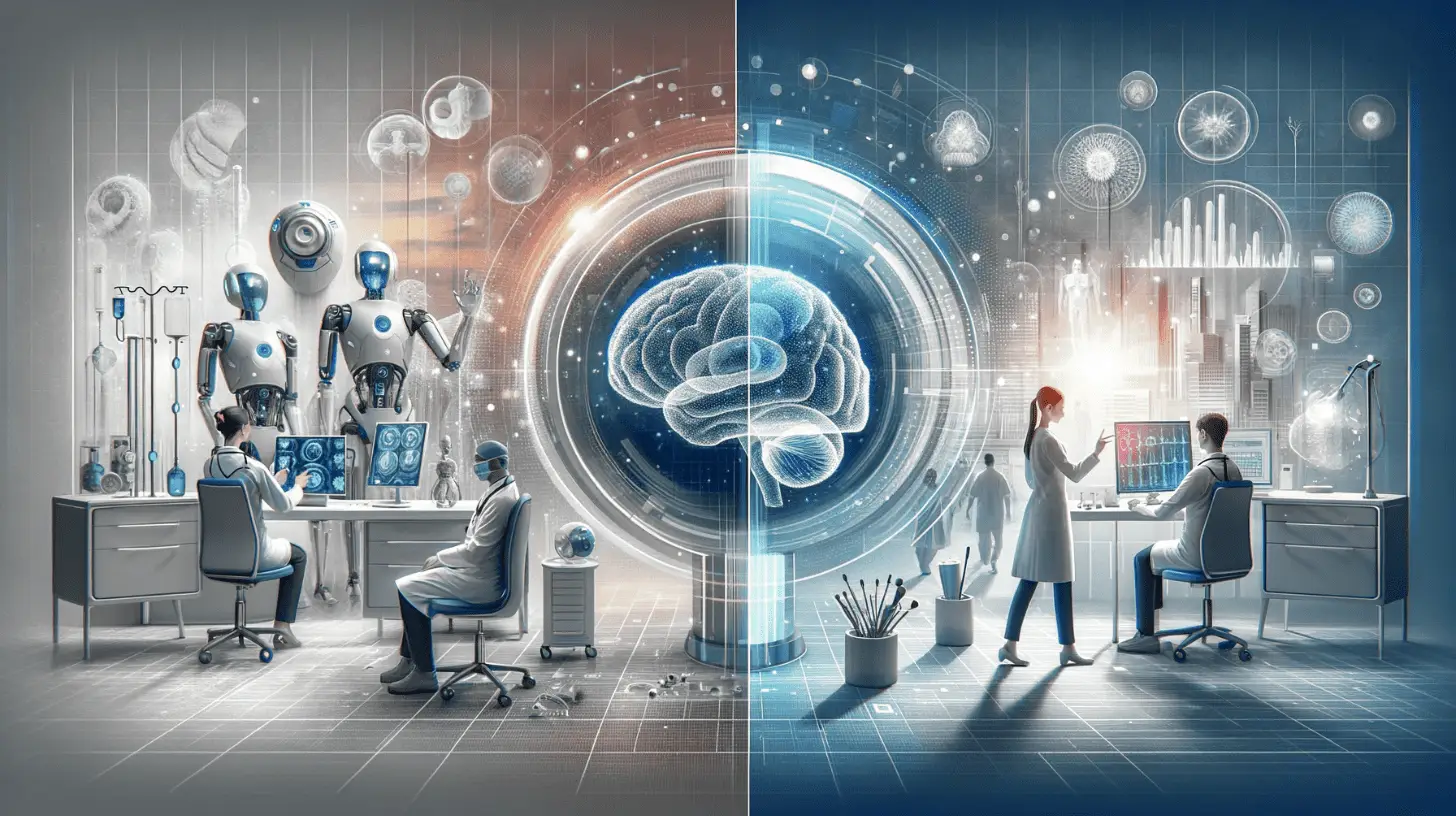[ux_image id=”4368″]
RKS Design hosted a virtual Psycho-Aesthetics (P/A) Design Thinking workshop with medical doctors from the USC Marshall’s Master in Medical Management program to and brainstorm innovative approaches on how to treat patients with Covid-19 in the hospital environment safely. The RKS team taught it’s P/A Design Thinking Methodology and showcased its application to medical devices and services.
“The RKS team was amazing in its ability to adapt and customize its design thinking approach at the very last minute. Initially, the team was prepared for an in-person immersive workshop with 40-50 doctors to develop strategies for Covid-19. Confronting the reality on the ground, RKS pivoted with less than 24 hours’ notice to create an on-line workshop, including virtual breakout rooms without compromising on any of the core elements of design thinking. Within hours of commencing the process, the RKS team had engaged the doctors in deep problem identification and idea generation so that some of the doctors had started to email real-time suggestions to their medical colleagues. A common comment was, “I want to implement this now.” By the end of the workshop, the doctors had specific and actionable ideas in addition to an appreciation for the power of design thinking in solving intractable societal problems.”- Dr. Arvind Bhambri, USC Marshall’s Master in Medical Management Professor
Concept 1:
Before arriving at the hospital, patients should be calling a call center to determine if they are at risk and need to head to a hospital. If a patient thinks they have the virus, they’re supposed to call the hospital beforehand to talk to a nurse about their symptoms. The triage nurse will then decide the necessary steps for that patient. This first group suggested having a compelling call system that will help the patients get guidance and essential steps before heading to the hospital. These call centers are to help the patient get in touch with someone who can provide medical advice, calm the patient’s nerves, provide direction on how to manage the severity, and if they can be self-isolated at home. When calling the call center, the system will track the patient’s phone number, provide waiting time, and a callback option. Another concept is a Chatbox to help backload the phones. Both of these would have a basic algorithm, and the nurses would determine the severity of the patient’s case. There would also be online educational materials on the website and specific information that would be accessible/emailed to the patient if needed. Through the site, there would be a video conferencing feature for the triage nurse to see the state of the patient and an application on the patient’s phone where the triage nurse can check their basic vitals. After all the precautionary steps, the triage nurse would determine if going to the hospital is required.
Concept 2:
There is a considerable risk when patients with Covid-19 come into the health care facilities because they are spreading the virus not only to the medical staff but also to the other patients in the room. Upon entering the waiting room, the Covid-19 patient is spreading the virus by sitting, coughing, filling out paperwork with a pen and clipboard, and sitting in a chair. These people are exposing the virus by physically being in the presence of others. This next group was assigned to come up with ideations on different ways to treat people with the virus without exposing other people in the process. They thought about different innovative ideas for a waiting room and how to register the patient without also infecting the administration staff. Drive throughs are a functional and effective way to treat people in the comfort of their car without exposing them to the staff or other patients. Another form of filling out paperwork would be through our phone. Since our phone is never left behind, this group suggested a phone app where patients can fill out their information and send it to the administration. With patients filling out their data with a phone application helps prevent the spread of the virus because the administration staff does not have to handle the paperwork, clipboard, or pen the patient touched. Once the patient has gone through the process of checking in and handing paperwork, they wait in a room with other people exposing everyone in that room.
Concept 3:
Once a patient is in the hospital setting, there are several ways for the virus to spread. The biggest concern that this group focused on was the lack of bed isolation and not enough room for all the patients affected, which leads to discharging patients to make more room for the incoming. Our hospitals aren’t equipped to take on the number of people with the Covid-19 virus. To provide everyone with the necessary care without dispatching patients to early, this group suggested the hospitals provide an isolated area to keep all of the patients together in one place. Having a post-operation space, cardiac catheterization suites, and other sections of the hospital not being used at this moment would help keep the patients with Covid-19 contained and isolated from the public. This would require post-phoning all elective surgeries to make room for Covid-19 patients. The hospital administration team would also need to coordinate the transportation, from the emergency room to the isolated area, and require a special team to transport the patients. This solution would help provide the necessary care for the patients and help isolate and contain the patients from further spreading it to the public, their family, and loved ones.
Concept 4:
The Covid-19 virus has many symptoms that can be similar to the standard flu. Some patients might not think they have the virus and go to Urgent Care instead of the Emergency Room. The first procedure to consider is the admission process to stop the virus from spreading to other patients within the vicinity. This last group focused on the process of not spreading the virus to other patients and the staff at an Urgent Care facility. Upon arriving, if the patient has flu-like symptoms, they need to check-in without spreading the virus by touching materials and filling out paperwork. This group proposed the patient to check-in at a tent triage where they can verbalize any necessary information to the Urgent Care Staff to help contain the virus if they have it. The staff and doctors on hand need to test the patient, isolate them from everyone else, wear protective gear if they do test positive with Covid-19, and reassure the client that they will get the provided help if necessary. Once the patient has tested positive with Covid-19, the Urgent Care staff has to safely and calmly get the patient to triage required and isolate themselves to prevent the spread of the virus to other patients and their families.
“RKS has done numerous PA workshops on design thinking; however the topic has never been so wide-reaching and immediate in affecting the world at large as the subject of Covid-19. The workshop date had been planned for about a month before the virus hit the US when it was not a major concern. A week before the workshop date, we saw firsthand the effects as USC had shut down the campus and moved all classes online two days before the workshop. We quickly modified the workshop to work in this new context. It took a little getting used to over the two workshop days, but it was great to see how the groups pulled together in this new remote learning environment and quickly picked up the design thinking concepts then applied it to the topic. The most gratifying was that groups said that they would take back what they had started and continued the approach to apply in their hospital/care environments to deal with this immediate situation that was getting bigger by the day/hour.” -Cary Chow, Vice President, and Program Management
“We have often said that doing great design and seeing it produced by the hundreds, thousands and even millions is incredibly exciting. On the other hand being able to help those in need and improve their quality of life serves a greater purpose. If we can do our part to help even one child or adult’s health and well-being, Design creates greater meaning and value. If, our workshop helps to insight, innovate and bring medical teams together in more effective ways, then the results could be safer healthcare providers and improvements in how they take care of all of us. For, they are our heroes who save us at our most desperate times of need and do it without blinking an eye. Providing tools that help them helps us all.” -Ravi Sawhney, CEO & Founder of RKS Design
The RKS team enjoyed working with the students of USC Marshall’s Master in Medical Management program to help provide innovative ideas and approaches on how to treat the Covid-19 pandemic. This is only the beginning of something that could affect our world forever and the RKS team is proud to have helped the USC Marshall Medical Management program students P/A Map and brainstorm ideas to help manage the spread of the Covid-19 virus.
